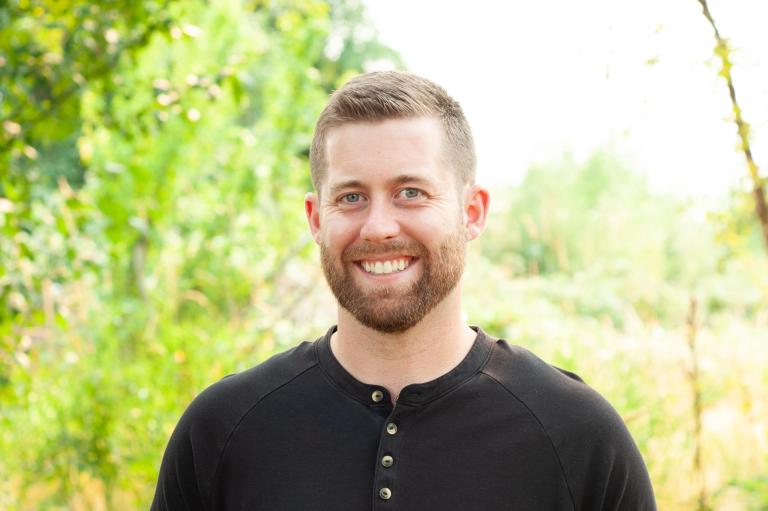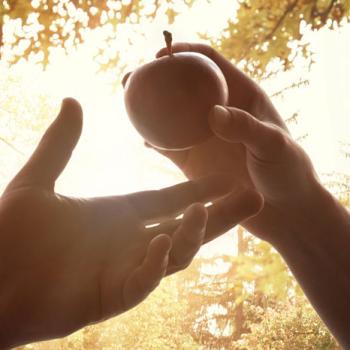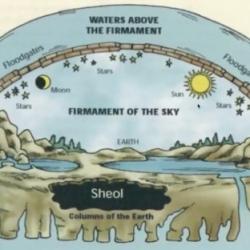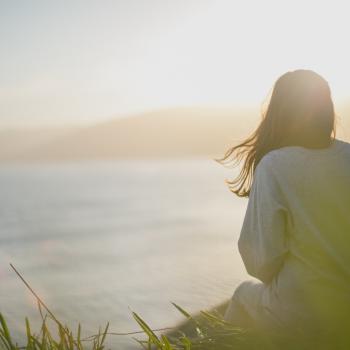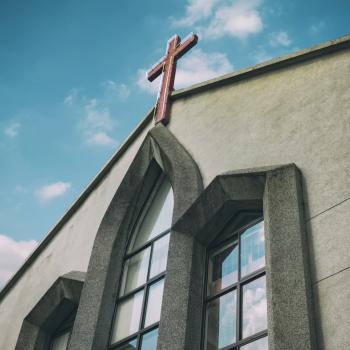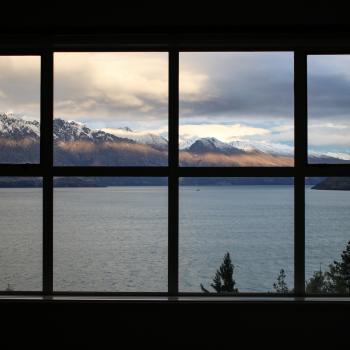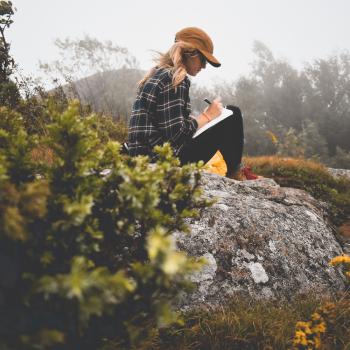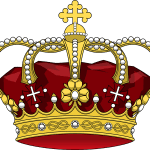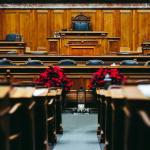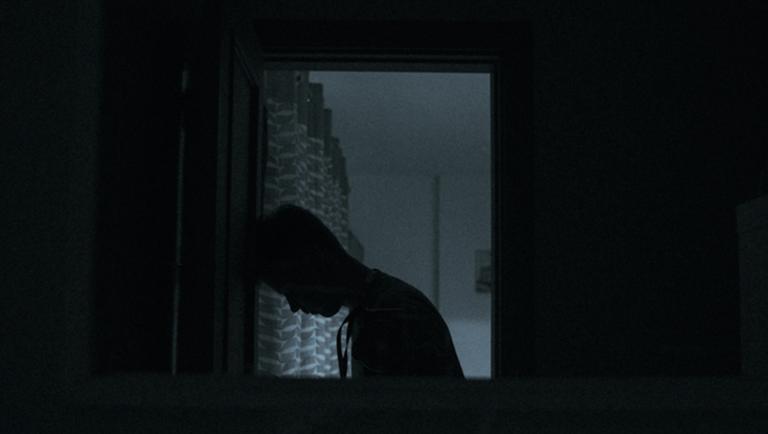
From a young age, many of us have been taught to idealize personal freedom.
In fact, it wasn’t until I was in my adult years that I learned any other form of freedom existed! For me, being free meant:
- being able to do what I wanted without undue restriction,
- buy whatever I wanted given I had the money, and
- lead a life however I could, given my circumstances.
In other words, freedom meant “I get to do what I want; if you try to stop me, you’re the problem!”
Based on the political conversations in the United States around freedom, I’m clearly not the only one with that original definition.
And yet, that has never been the only definition and understanding of freedom!
Even mixed into my original understanding of freedom is the recognition that all of my personal freedom (“I can buy what I want…”) is enclosed within the confines of a lack of structural freedom (“. . . given I have the money, given my circumstance.”)
In this way, I was taught to be okay with being structurally unfree within capitalism and meritocracy as long as I felt personally free to do what I wanted, given those restrictions.
We’re in a box of unfreedoms
It’s like we’re all living in a box – and if you want to draw this, I think it’s good imagery.
It’s like a box we’re taught to fit into and the walls are all structural constraints we’re taught to live within and never question:
- ableism,
- capitalism,
- patriarchy,
- white supremacy,
- heteronormativity,
- religious supremacy.
And if you stay in the box – if you don’t question these structural unfreedoms – you get to have your little personal freedom. A small little box within the box in which to do your thing. “This is mine: I get to do what I want; I get to buy what I want; don’t take it from me!”
But people of color know this small box isn’t real freedom.
Women, especially in the past year with the reversal of Roe v. Wade, know this.
Those with disabilities know this.
Those in the LGBTQ community know this.
If you’re a reader and your identity doesn’t meet the demand of a white, supremacist culture, you know something about this that often takes us middle class white men a bit longer to figure out: even our little personal freedom isn’t the same as everyone else’s.
The small box of personal freedom we each get in a “free society” isn’t the same size.
So on top of all of us being constrained by these structural and societal unfreedoms – white supremacy, dualism, patriarchy – we’re also each being sold an idea of personal freedom that just isn’t that free.
Another kind of freedom
The great wisdom teachers – mystics, Elders, priests, saints – were just like us in so many ways.
They, too, were caught within structures that kept them “under control and in line.” Saint Teresa of Ávila butted heads with the Spanish patriarchy, having to make terrible remarks about herself publicly just so that she could stay alive and keep teaching. Howard Thurman navigated and challenged American racism. Thich Nhat Hanh was exiled from his home by his militaristic government for more than forty years. Martin Luther King Jr. was killed. So was Gandhi. So was Jesus.
But in their attempts to understand how to live meaningful lives within and beyond those structures, many of them came to an experience of a kind of freedom that is both bigger than personal and structural freedom and at the same time, smaller and more deeply intimate.
This is a freedom that is hard to put into words – it is an experience.
This experience of freedom for them each came from their inner space, the place deep within them that had the power to creativity embolden them through the ups and downs of life. We might call this authentic freedom or inner freedom.
For Thurman, it was the sustaining power of the sound of the genuine: God’s indwelling and singing within him. For Thomas Merton, it was the glowing beauty of his true self. It is the kind of freedom that sustained Viktor Frankl during his time in the Nazi concentration camps and Yuri Kochiyama as she fought for justice on the streets here in the United States.
Living with inner freedom
In order to live out of a true, authentic, inner freedom that no one can take away and doesn’t need to be defended, we must set aside and let go of (or be stripped of) our illusion that this box means freedom.
We are being invited to recognize the lie we’ve been told – that our freedom resides in our ability to buy more, in our capacity to have more power than others, or even that it is provided to us by our military.
True freedom comes from within us: the creative and emboldening energy that sustains us in an unjust world, connects us with a sense of the Divine and with others, and excites us to push against the confines knowing that the box ain’t it.
When we touch upon this authentic freedom within ourselves, it feels like a breath of fresh air and it changes how we walk in the world. This is why our friends and family often notice our transformations even before we can! It is a freedom that does not shield us from the constraints of the world, but allows for our love to overflow abundantly into and through it.
Freedom is more than getting what I want if I follow a prescribed set of rules. It is an energy – a push, a pull, an overflowing, a shift – from “I can do what I want” to “I can do what love draws me to do” to “I can be who love draws me to be.”
That’s the freedom that no one can take away, that doesn’t need to be defended, that is both bigger and more intimate than any box we might be taught to fit in.
That’s the freedom that allows us to be free.
Want to develop and live into a new sense of freedom?
Check out my free 5-day email series helping people to quit running on autopilot and become more intentional in their lives. Over the course of five days you’ll be invited into doing your own shadow work at the personal, communal, and societal levels. Engage with it here!


